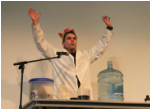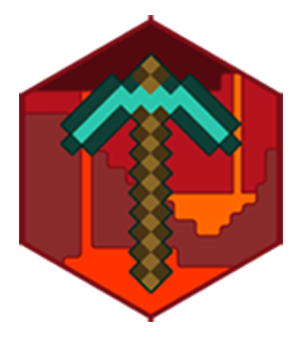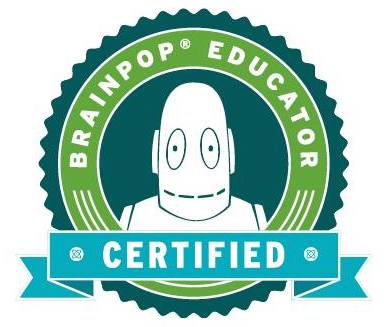|
For those who are a fan of the classics, you know that education has its foundation in both Plato and Aristotle’s philosophies on well being. Plato's famous cave analogy tells us that real learning occurs when we open our minds and assume that what we see, hear, feel and believe are just shadows. The mind can grow through the investigation of ideas by peeling back the dark vale that covers them. A modern view of this philosophy can be found in Steven Pinker’s book - The Blank Slate. He uses a science-based approach to contend that we’re all born hard-wired with plenty of knowledge. Much of this knowledge comes to the foreground when we mix it with experience. A great example is the acquisition of language. It appears that we’re born with the ability to communicate already mapped on our brains. Once we’re exposed to language, we seem to be able to fill in multiple gaps quickly. Our ability to infer seems to have been pre-installed at birth.
Aristotle believed that we learned best by interacting with knowledge. Our minds are empty vessels that can be filled to the brim with new ideas. Essentially anyone can learn anything as long as their brain is open and ready to save the knowledge. The traditional industrial style classroom leaned more on the Aristotle approach with it’s desks in rows and reinforcement of mathematical facts. Obedience was the key to learning. Follow the instructions and you will acquire the knowledge required to live a well-balanced for fulfilling life. In today’s classroom you’ll find a far more Platonic approach to education. The inquiry method of teaching is nothing more than Plato’s theory put into action. It’s interesting to note that only a brief moment of teacher education is dedicated philosophical education, and in the classroom almost nobody talks about either Plato or Socrates when asked about their teaching pedagogy. Why? Other than the risk of sounding archaic, many educators are likely unaware that they’re facilitating in this ancient theory of teaching. Instead they can confidently articulate their educational approach by reciting important terms such as ‘personalization, flipped-classroom, deep learning, wellness’ and many others. It is possible for a teacher to speak a sentence with so much educational jargon, even a Rhodes scholar might be confused. “By flipping my classroom, I’ve been able to take a personalized approach to teaching thus enabling my students to engage in deep learning with a growth mindset.” While this certainly sounds impressive, it’s covering up the core principals that both Plato and Aristotle preached about many years ago. The goal of education at any level should be to improve eudaemonia - the idea of human flourishing. In an educational setting, the tactics of achieving this goal (see the post below) are not as relevant as the strategy of developing competent, capable and critical thinkers. Whether you’re using personalized learning, flipped classrooms or have a focus on wellness, the goal is to either fill the students head with new information or expose her to new ideas that will allow her to learn independently. Comments are closed.
|
Time to reinvent yourself!Jason WoodScience teacher, storyteller and workout freak. Inspiring kids to innovate. Be humble. Be brave. Get after it!
|







 RSS Feed
RSS Feed